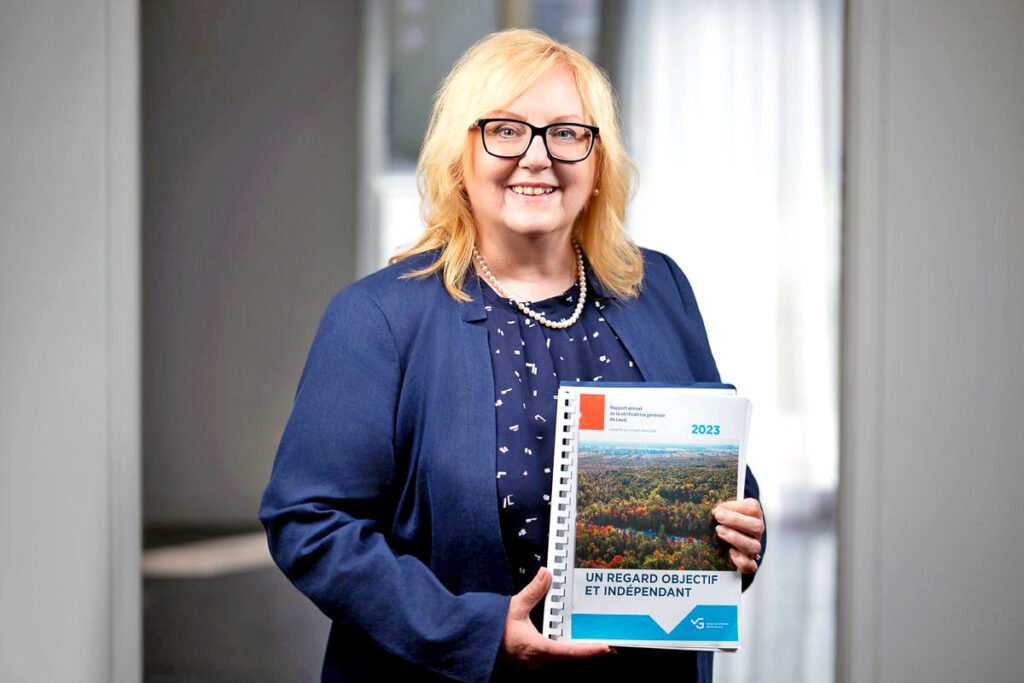It’s France Lessard’s first report since stepping into the position last January
In her first report as the City of Laval’s auditor-general since assuming office last January, France Lessard says the city’s management of its organic waste program could do with some improvement, taking into account discrepancies she found when comparing data produced by Laval to data from the Montreal Metropolitan Community (CMM).
Bad news, good news

In the report, which was presented to Laval city council on August 13, Lessard said she found differences in what Laval reported regarding its organic waste collection, and what was reported by the metropolitan community, although there were also more positive things.
“Some progress has been made in the residential sector, [but] supplementary efforts are necessary to improve the collection and processing of organic materials in the industrial, commercial and institutional sectors, as well as construction, renovation and demolition,” she said.
Seeks improvements
She said additional efforts would also be necessary to better inform and provide assistance to service users, most notably for the implementation of an organic waste collection at multi-unit residences. In 2022, according to Lessard’s report, 279,197 tonnes of residual materials on Laval’s territory were picked up, representing 625 kilos per resident.
In another finding, Lessard said that the city’s supply and service division is not making optimal use of agreements for group purchases.
“Opportunities to save are being missed because of a lack of supervision and proactive communication in the existing agreements,” she said. “What’s more, the absence of clear directives for the personnel and limited used of follow-up tools are contributing to an underuse of the agreements.”
Compliance improving
According to Lessard, the city’s compliance to recommendations by the auditor-general in past years rose to 86 per cent by 2019, from 67 per cent the previous year. However, she added that only 61 per cent of recommendations were fully implemented, suggesting that little has changed in the way the city administration follows up on the auditor-general’s recommendations.
For the years ahead, Lessard identified a number of issues she said she intends to focus on, including municipal taxation, mobility, cybersecurity, access to social housing and homelessness, as well as the impact of climate change on flooding and excessive heat in densely urbanized areas.



